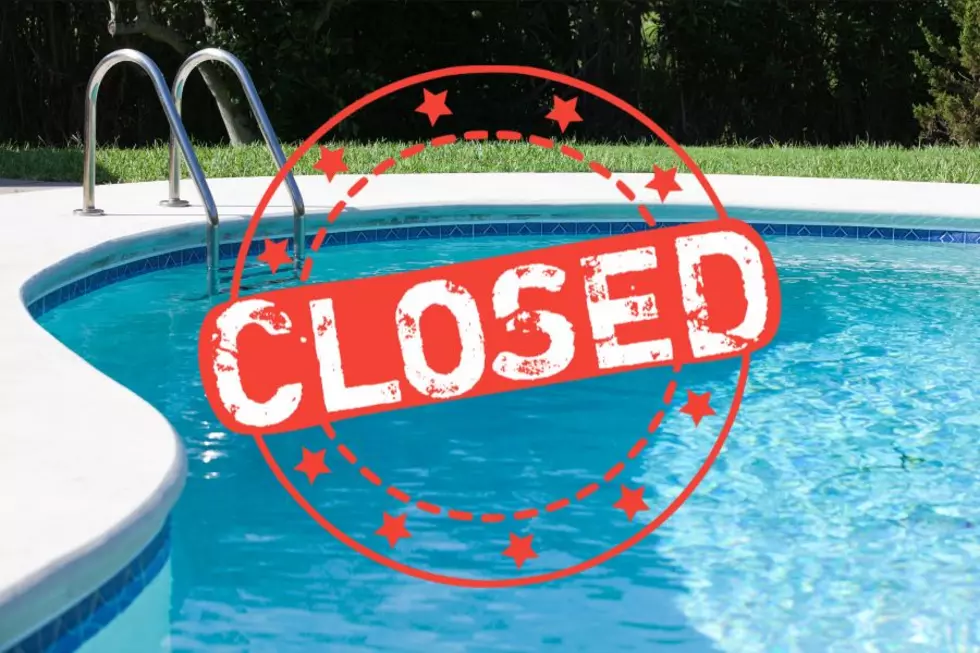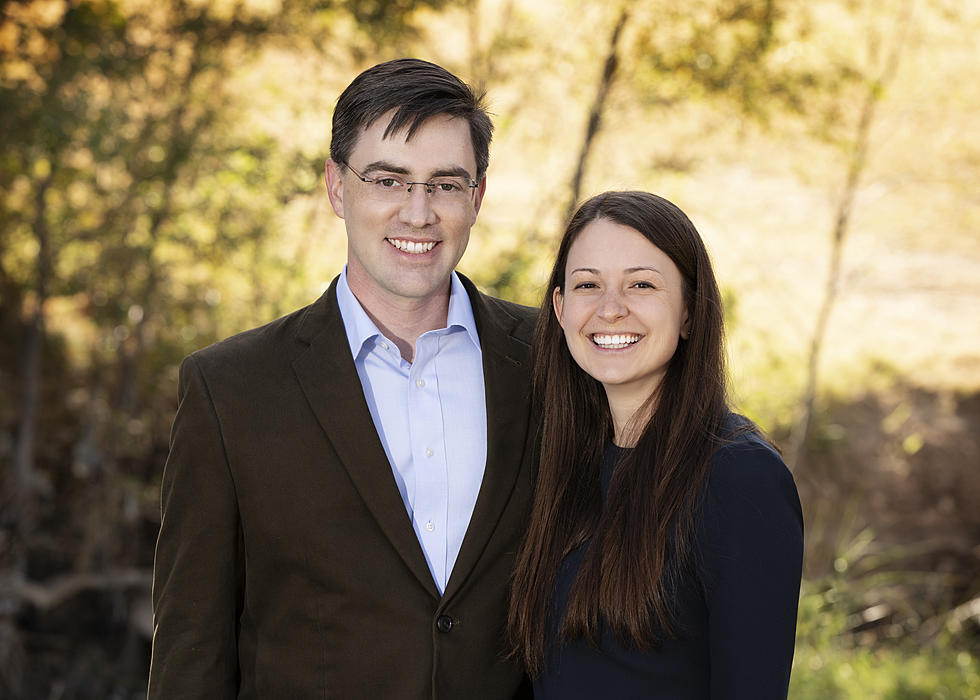
Lubbock City Council Moves Closer to Setting 2017-18 Property Tax Rate
The Lubbock City Council held a regular meeting this Thursday (Aug. 10) to discuss matters consisting of the 2017-18 property tax rates and the Lubbock area Public Improvement District (PID) assessments.
The Lubbock City Council passed a motion approving the 2017-18 property tax rate which will remain the same as the originally proposed rate of $0.53802 per $100 valuation. According to figures from the City of Lubbock the new property tax rate will amount to a 5.23% increase over last year's rate. Overall, $4,163,593, in additional money will be added to city coffers by the increased property tax rate. If city leaders were seeking to approve a 2017-18 property tax rate that was equal to the effective rate, the property tax rate would have been $0.526346 per $100 valuation.
According to state law, the city council will have to conduct additional steps before the budget and property tax rate becomes final, including setting dates for public hearings to hear feedback concerning the property tax rate. The dates of the public hearings will be 5:30 p.m. on August 24, 2017, and at 1:30 p.m. on September 7, 2017, in the City Council Chambers at City Hall. The final budget will be approved in late September.
In additional action with the city council, several hearings on concerning PID's were also held on Thursday:
The North Overton PID (area between 4th Street, Avenue Q, Broadway, and University) was approved and the assessment rate is set at $0.18 per $100 valuation.
The North Point PID (area between Erskine Street, Ursuline Street, North Quaker Avenue, and Frankford Avenue) was approved and the assessment rate is set at $0.14 per $100 valuation.
The Quincy Park PID (area between portions of 88th Street and 89th Street, Upland Avenue, 98th Street, and Quincy Avenue) was approved and the assessment rate is set at $0.15 per $100 valuation.
The Valencia PID (area between 85th Street, 88th Place, Iola Avenua, and Milwaukee Avenue) was approved and the assessment rate is set at $0.11 per $100 valuation.
Depending on the PID, some PIDs tax high-density housing and commercial property and others have a wider tax base.
The city council is still on pace to approve the next fiscal year's budget by the end of September.
More From News/Talk 95.1 & 790 KFYO









